Mark Z. Jacobson, Director of the Atmosphere Energy Program, Stanford University
February 20th, 2014, 11:00 a.m. – 12:00 p.m.
Bechtel Collaboratory, Discovery Learning Center
Engineering Dr, Boulder, CO 80302
50 State plans for powering the U.S. with wind, water, and solar power for all purposes
Global warming, air pollution, and energy insecurity are three of the most significant problems facing the world today. This talk discusses the development of technical and economic plans to convert the energy infrastructure of each of the 50 United States to those powered by 100% wind, water, and sunlight (WWS) for all purposes, including electricity, transportation, industry, and heating/cooling, after energy efficiency measures are accounted for. The plans call for ~80% conversion by 2030 and 100% by 2050 through aggressive policy measures and natural transition. Wind and solar resources, footprint and spacing areas required, jobs created, costs, air pollution mortality and climate cost reductions, methods of ensuring reliability of the grid, and impacts of offshore wind farms on hurricane dissipation are discussed. More information can be found here.
Presenter Bio
Mark Z. Jacobson is Director of the Atmosphere/Energy Program and Professor of Civil and Environmental Engineering at Stanford University. He is also a Senior Fellow of the Woods Institute for the Environment and Senior Fellow of the Precourt Institute for Energy. He received a B.S. in Civil Engineering with distinction, an A.B. in Economics with distinction, and an M.S. in Environmental Engineering from Stanford University, in 1988. He received an M.S. in Atmospheric Sciences in 1991 and a PhD in Atmospheric Sciences in 1994 from UCLA. He has been on the faculty at Stanford since 1994. His work relates to the development and application of numerical models to understand better the effects of energy systems and vehicles on climate and air pollution and the analysis of renewable energy resources. He has published two textbooks of two editions each and 135 peer-reviewed scientific journal articles. He received the 2005 American Meteorological Society Henry G. Houghton Award for “significant contributions to modeling aerosol chemistry and to understanding the role of soot and other carbon particles on climate,” the 2013 American Geophysical Union Ascent Award for “his dominating role in the development of models to identify the role of black carbon in climate change,” and the Global Green Policy Design Award for the “design of analysis and policy framework to envision a future powered by renewable energy.” He co-authored a 2009 cover article in Scientific American with Dr. Mark DeLucchi of U.C. Davis on how to power the world with renewable energy, served on the Energy Efficiency and Renewables Advisory Committee to the U.S. Secretary of Energy, and recently appeared on the David Letterman Show to discuss converting the world to clean energy.
